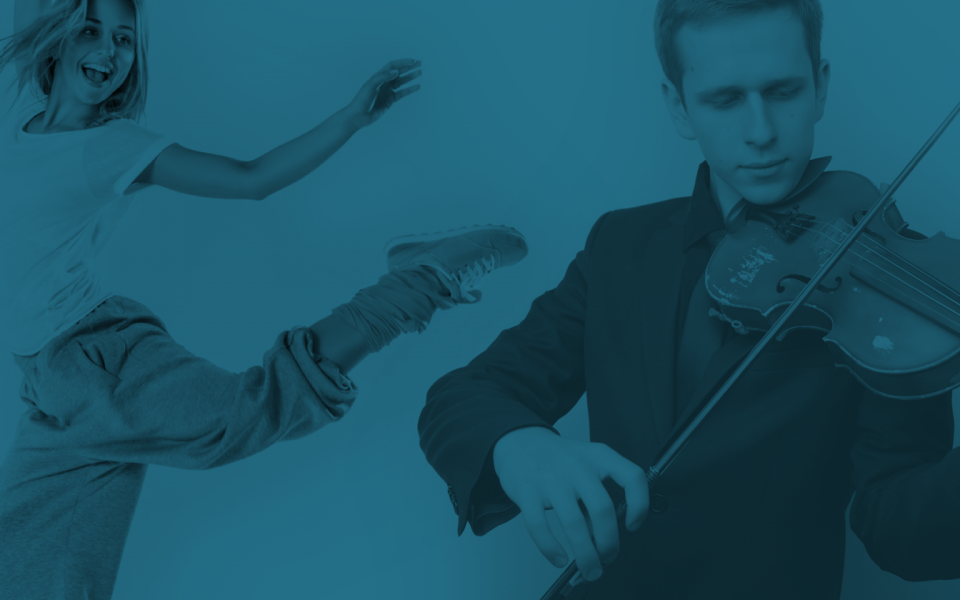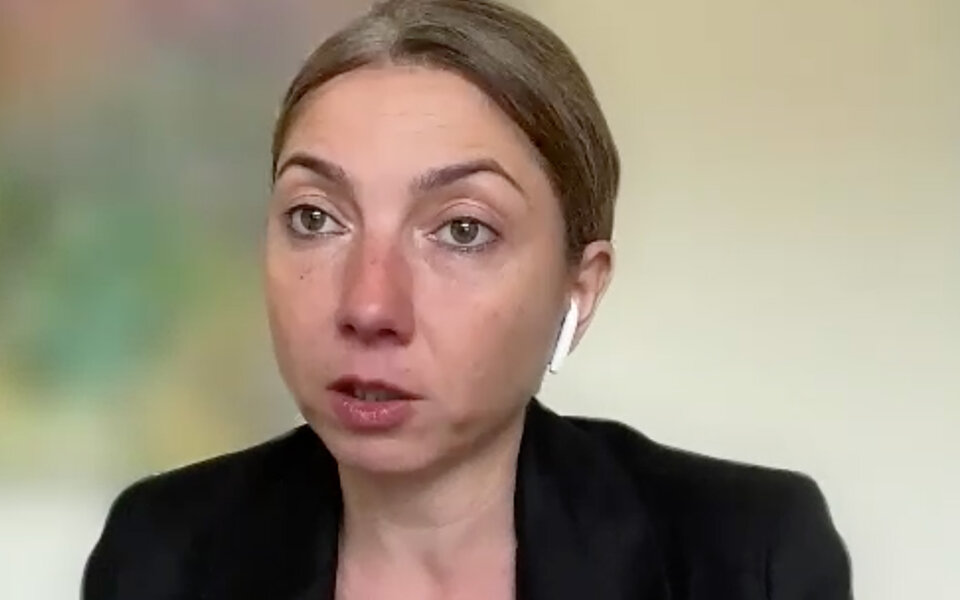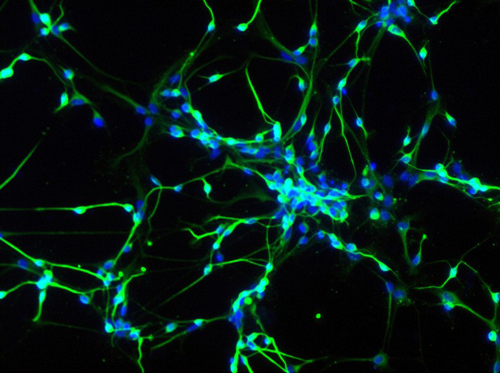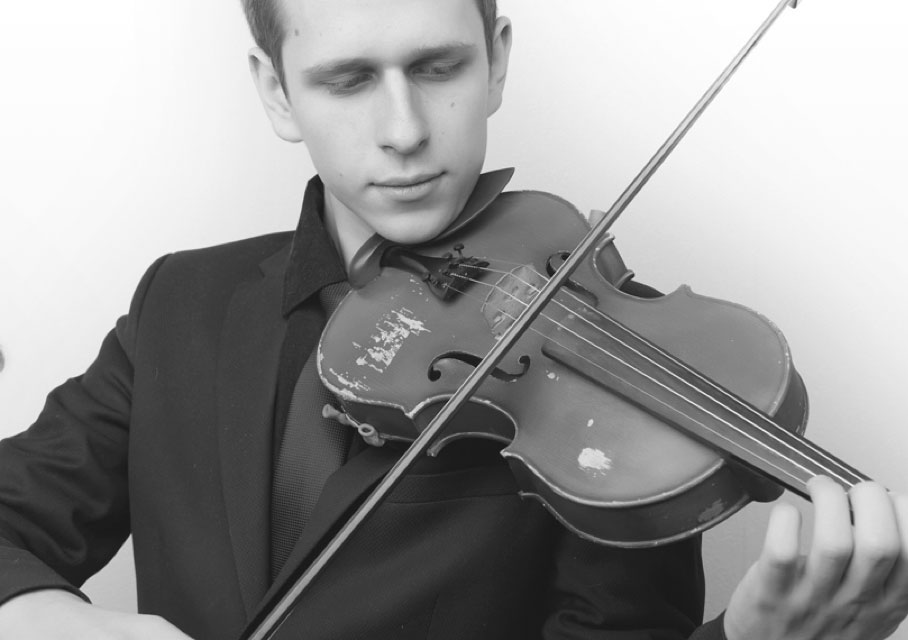Fredrik Ullén is the director of the Max Planck Institute for Empirical Aesthetics in Frankfurt and a Professor of Cognitive Neuroscience at the Karolinska Institutet Major news from us at the Max Planck Institute for Empirical Aesthetics is that a new imaging center, CoBIC, has been inaugurated in Frankfurt this summer. …
Culture and Cognition
How Our Brains Process Music
Researchers unlocked how the brain processes melodies, creating a detailed map of auditory cortex activity. Their study reveals that the brain engages in dual tasks when hearing music: tracking pitch with neurons used for speech and predicting future notes with music-specific neurons. This breakthrough clarifies the longstanding mystery of melody perception, …
New study looks at the long term cognitive effects of choir singing
While increasing evidence points toward the benefits of musical activities in promoting cognitive and emotional well-being in older adults, little is currently known about the long-term effects of singing. This new research uses a 2-year follow-up study to assess aging-related changes in cognitive functioning and emotional and social well-being with …
Interview with Assal Habibi – music in education
This month Gunnar Bjursell has interviewed Assal Habibi, Assistant Research Professor of Psychology at the Brain and Creativity Institute at University of Southern California. Gunnar and Assal discuss the benefits of music in education and the impact it has on child development Full interview with subtitles in English
The Cultural Brain Hypothesis: How culture drives brain expansion, sociality, and life history
Humans have extraordinarily large brains, which tripled in size in the last few million years. Other animals also experienced a significant, though smaller, increase in brain size. These increases are puzzling, because brain tissue is energetically expensive—a smaller brain is easier to maintain in terms of calories. Here we present …
Does the amount of time you spend in school improve your intelligence, or are other factors more important?
This new study between Karolinska Institutet and the Radboud University Medical Center and Vrije University in Holland focused on how months of schooling related to intelligence in 6567 children (aged 9-11), taking into account factors such as socioeconomic status (SES) and cognitive ability. Notably, two years of schooling had a larger …
Why Should I Learn Music? It Can Be Good for Your Brain!
Research shows that playing music also contributes to our overall health and wellbeing and helps our thinking and planning skills. In this popular science article, we will first talk about how various parts of the brain are engaged to make music playing possible. We will also discuss benefits of music …
Review article: music perception, action, emotion and learning all rest on our fundamental capacity for prediction
Music is ubiquitous across human cultures - as a source of affective and pleasurable experience, moving us both physically and emotionally - and learning to play music shapes both brain structure and brain function. Music processing in the brain - namely, the perception of melody, harmony and rhythm - has …
New study about the individual differences in ordinary aesthetic experience
Aesthetic experience seems both regular and idiosyncratic. On one hand, there are powerful regularities in what we tend to find attractive versus unattractive (e.g., beaches versus mud puddles). On the other hand, our tastes also vary dramatically from person to person: what one of us finds beautiful, another might find …
In focus: McMaster Institute for Music & the Mind
The McMaster Institute for Music and the Mind (MIMM) is an interdisciplinary group of researchers including psychologists, neuroscientists, music theorists, musicians, dancers, media artists, mathematicians, kinesiologists, health scientists, and engineers. At the institute, scientists, researchers, and musicians study questions about the physical structure, evolution, neural processing, performance, and perception of music, …
Video from lecture with Yulia Kovas February 4th: “Oedipus Rex in the Genomic Era”
Speaker: Yulia Kovas, Goldsmiths, London University Title: Oedipus Rex in the Genomic Era Watch the video online here Abstract In this seminar we will take a journey into the Genomic Era, taking Sophocles as a guide. We will explore the rapid genetic advances and ever expanding insights into the human genome. We will explore what …
The role of the brain as a prediction machine when listening to musical phrases
A new study from Aarhus University in Denmark sheds new light on the brain’s capacity to predict musical phrases. Assistant Professor and AIAS fellow Niels Chr. Hansen documents that research participants experience musical phrases in a similar way to spoken sentences. The prediction process occurs when the musical phrase ends …
Welcome to the ‘Music and Personality’ experiment, conducted by Prof. Glenn Schellenberg with colleagues at the University of Lisbon!
Find out more about your personality and musical talent! Welcome to the 'Music and Personality' experiment! The aim of this study is to explore how musical abilities are associated with personality, nonmusical abilities, formal music training, and informal musical activities (e.g., listening, attending concerts). The experiment takes around 45 minutes …
Grant for 5.6 million SEK from The Swedish Research Council
Fredrik Ullén's group at the Centre for Culture Cognition and Health have received a grant for 5.6 million SEK from The Swedish Research Council for research about learning processes, using piano playing as a model. The project is in collaboration with Martin Lövdén at the centre, colleagues at the Max …
















